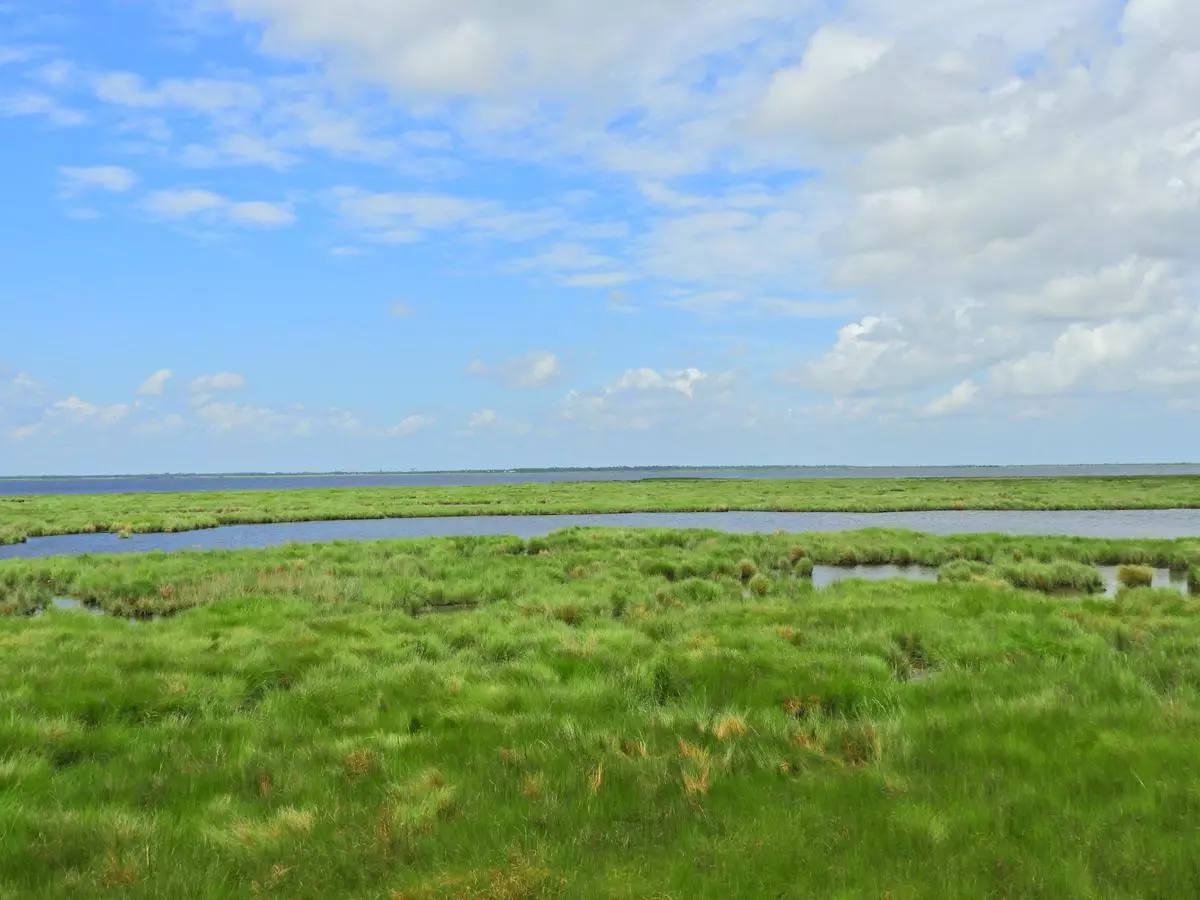Introduction
Natural Climate Solutions, also called Nature-Based Solutions, are actions that reduce emissions and increase carbon storage in forests, farms, grasslands and wetlands, while providing a host of additional benefits for people and the environment.
Practices that could be included are actions like encouraging farming techniques that retain carbon in the soil, such as planting cover crops; conserving and replanting forests; conserving and restoring coastal wetlands; and reducing the loss of natural areas, planting trees, and providing parks in communities.
Not only do these efforts help address climate change – they can improve water quality, prevent natural disasters like wildfire, drought, and flooding, protect wildlife habitat, and provide opportunities for hiking and fishing. Best of all, these solutions are cost effective, and can often improve local economies.
Below you can explore how people in Louisiana are benefiting from implementing nature-based solutions in their community through a diverse set of resources from USN4C members and others, including blog articles, videos, comprehensive reports, and more.
Blog Articles

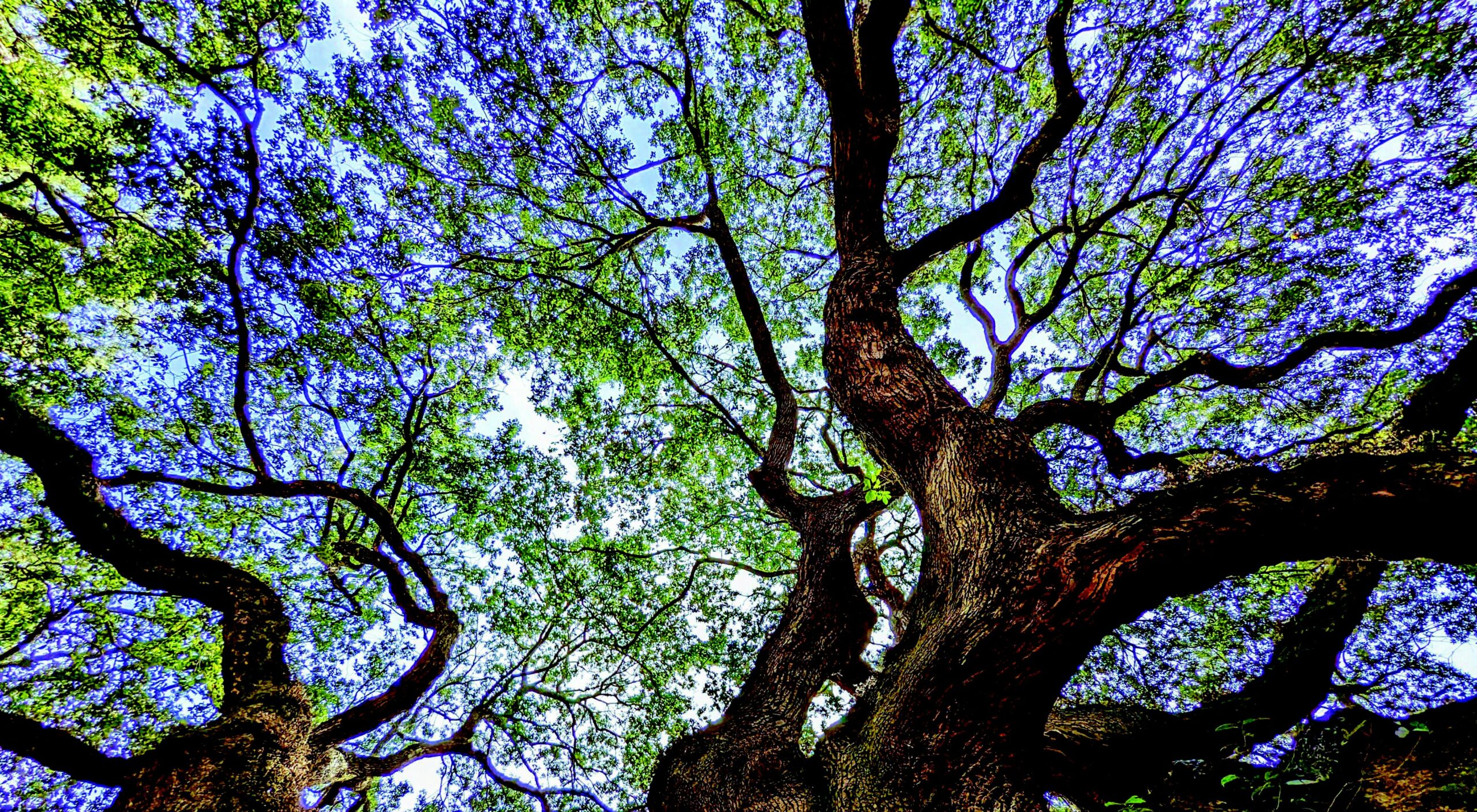
© Tracie Joyner/TNC Photo Contest 2023
The Nature Conservancy Article: Treesilience: Restoring South Louisiana’s Community Forests

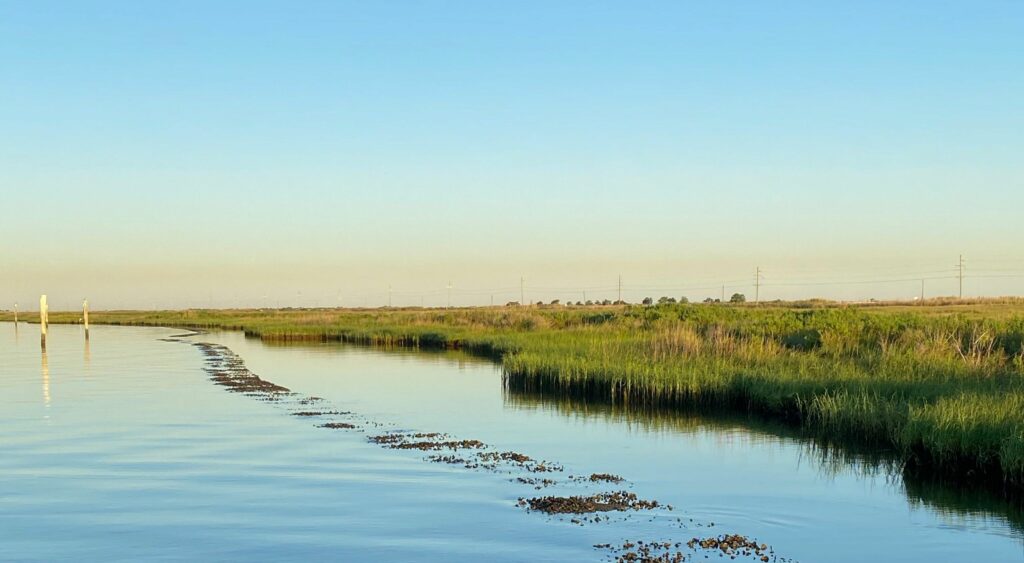
© JCW Creative/TNC
The Nature Conservancy Article: Louisiana’s Oyster Reefs: Protecting and Restoring Our Gulf Coast and Waters
- Environmental Defense Fund Article: New Research Could Help Resource Managers Improve the Health and Resilience of the Mississippi River Basin
Forests:
- The Nature Conservancy Article: Longleaf Pine: A Tree for Our Time
- The Nature Conservancy Article: Reinvesting in the Mississippi Delta
- SCIENCE: Geoplatform.Gov (U.S. Geological Survey): Modeling and Mapping Burn Severity of Prescribed and Wildfires Across the Southeastern United States (2000-2022)
Agriculture:
- SCIENCE: Soil Health Institute Article: Maximizing Weed Suppression with Cover Crops in Cotton Production
- Soil Health Institute Fact Sheet: Using Cover Crops as a Weed Suppression Tool in Cotton Production
- Soil Health Institute Fact Sheet: Cover Crop Species Comparison for Weed Suppression in Cotton Production
- SCIENCE: Carbon Balance and Management Study (Conservation International): Maximizing Tree Carbon in Croplands and Grazing Lands While Sustaining Yields
Wetlands:
- Theodore Roosevelt Conservation Partnership Interactive Map: Louisiana – Bay Denesse Delta Water Management Project
- U.S. Nature4Climate Blog Article: Tapping into the Potential of Blue Carbon: A Natural Solution to Climate Change and Coastal Resilience
- Pew Charitable Trusts Article: States Improve How They Assess Coastal Wetlands’ Impacts to Reduce Climate Pollution
- Pew Charitable Trusts Article: Change in Federal Protections for Wetlands Poses Resilience Challenge for States
- U.S. Nature4Climate/Pew Charitable Trusts Blog Article: Carbon Captured by Coastal & Ocean Habitats Can Advance States’ Climate Goals: Experts discuss growing ‘blue carbon’ data and resources, and their potential role in policy
Reports

The Nature Conservancy Report: Louisiana Impact Report 2023
Videos & Podcasts
Explore More!
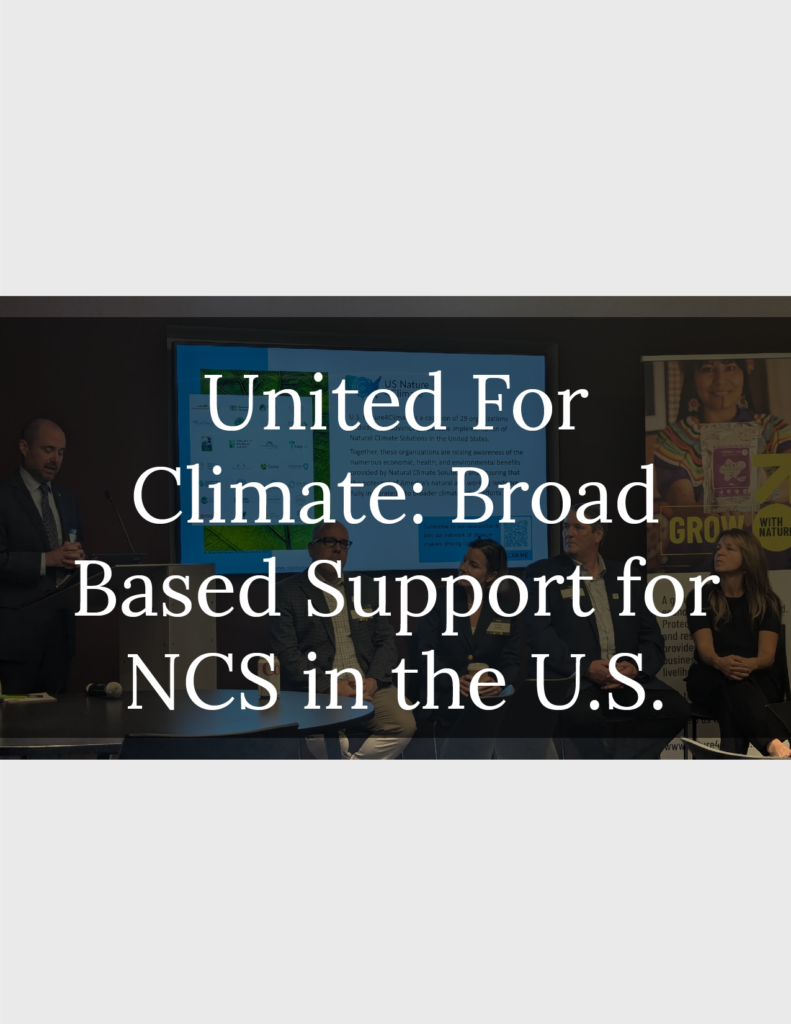
A new national survey conducted by U.S. Nature4Climate shows that voters across party lines support natural climate solutions more than ever, suggesting fertile ground for bi-partisan cooperation and consensus-building, opening up new avenues for climate action. Learn more.
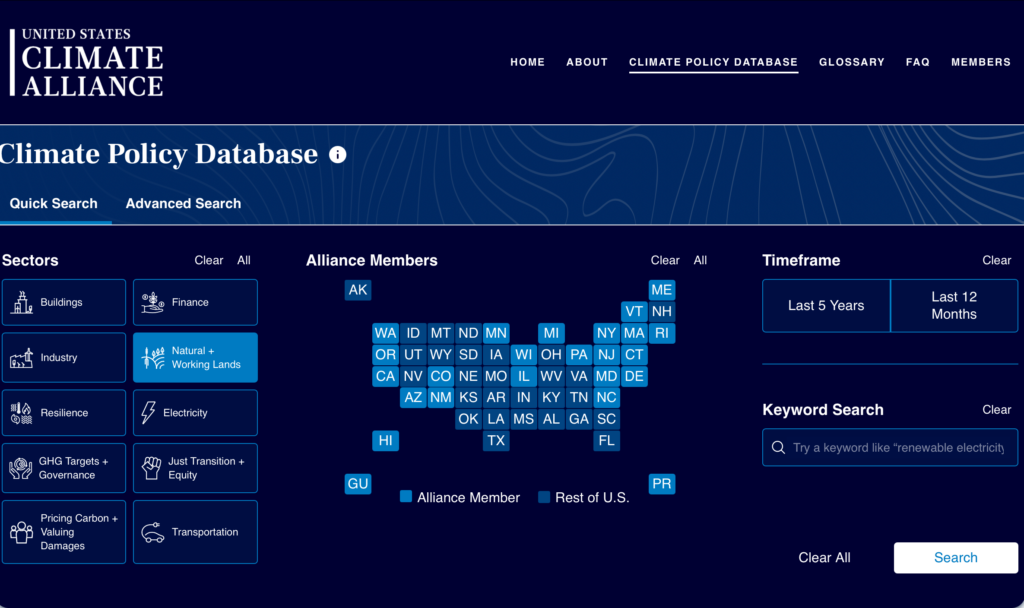
Explore U.S. Climate Alliance‘s Climate Policy Database.
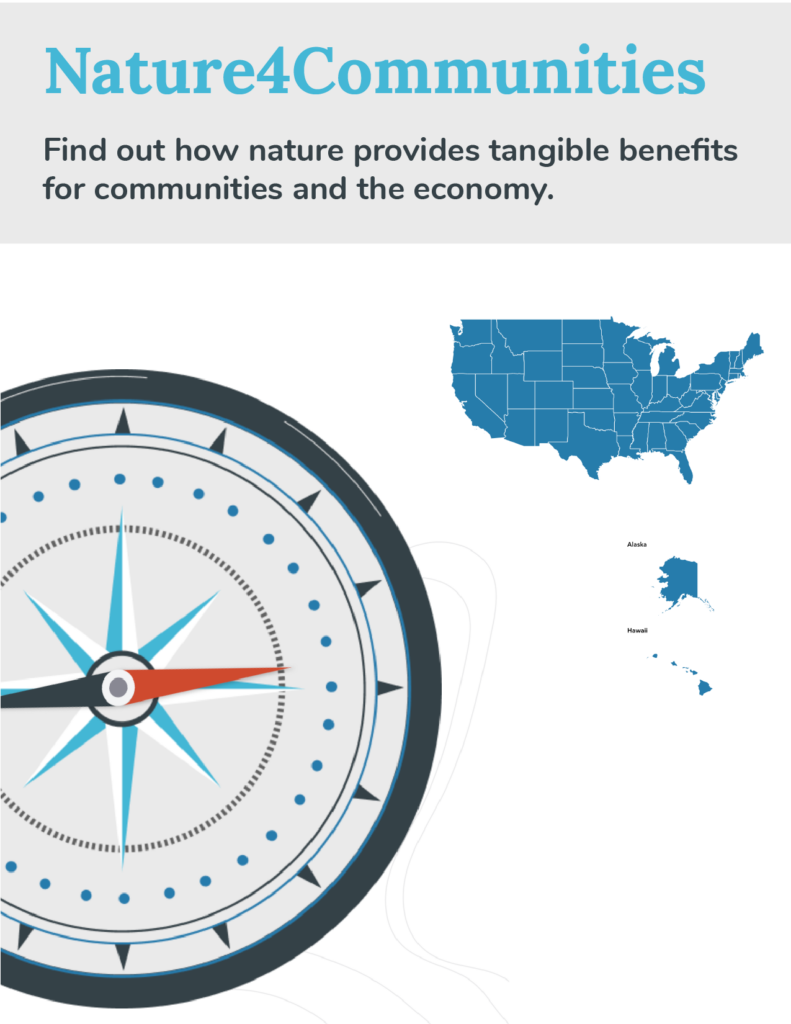
Explore Nature4Communities, a resource that shows you how nature-based solutions are critical for your community’s well-being and become a better advocate for their implementation.

